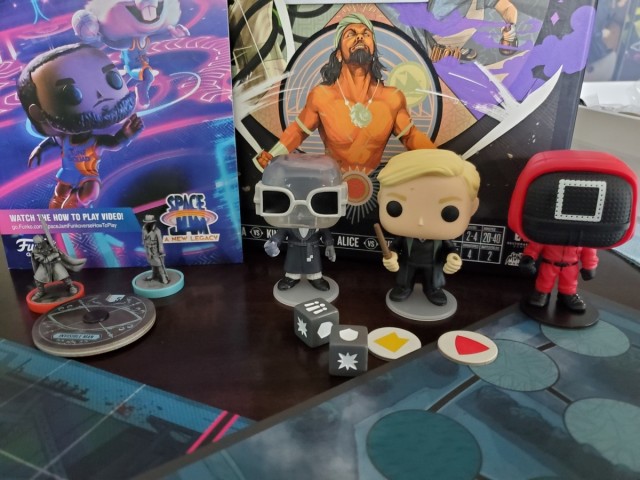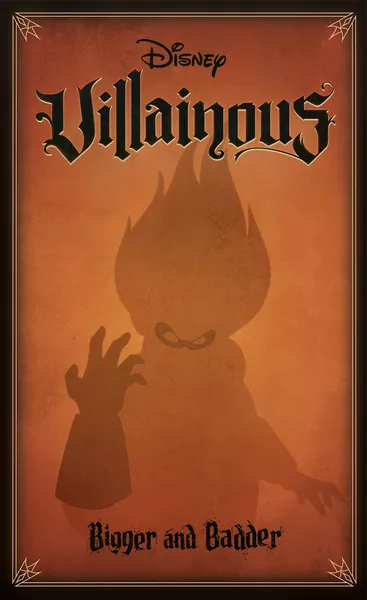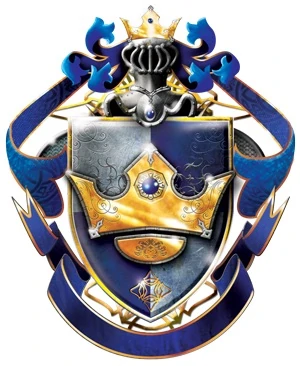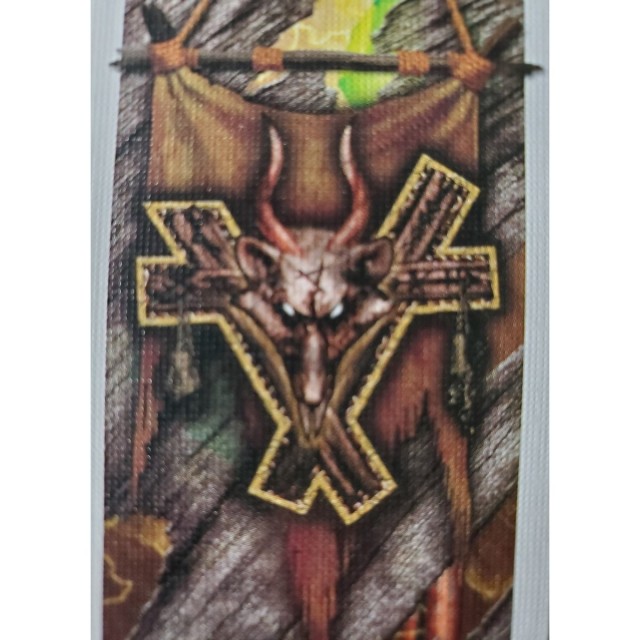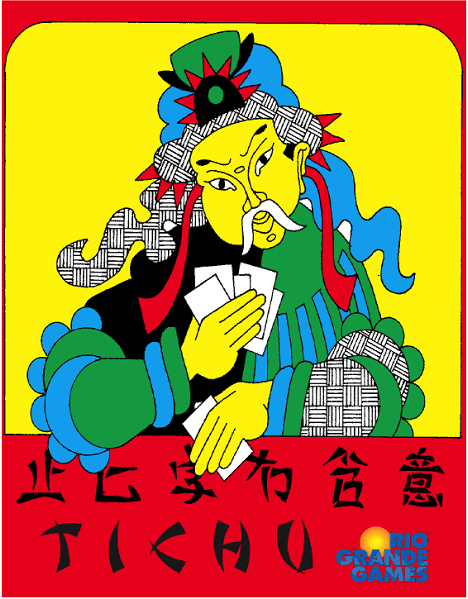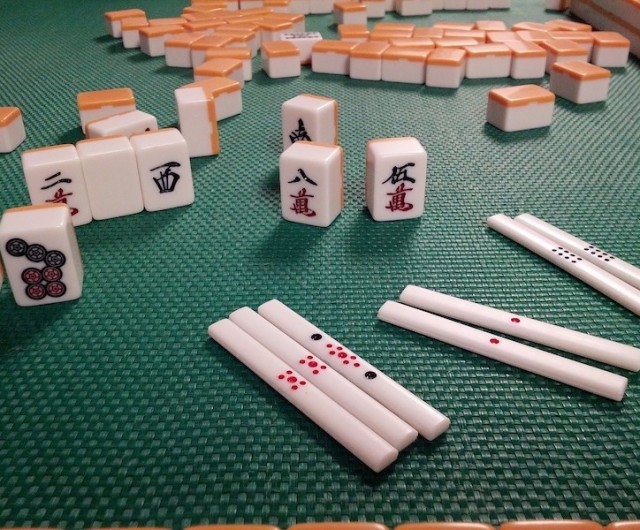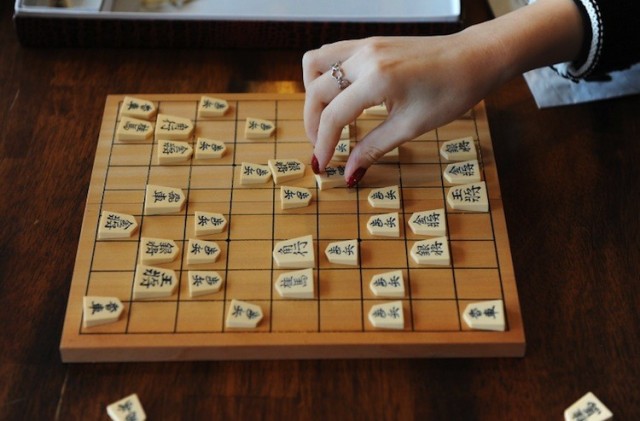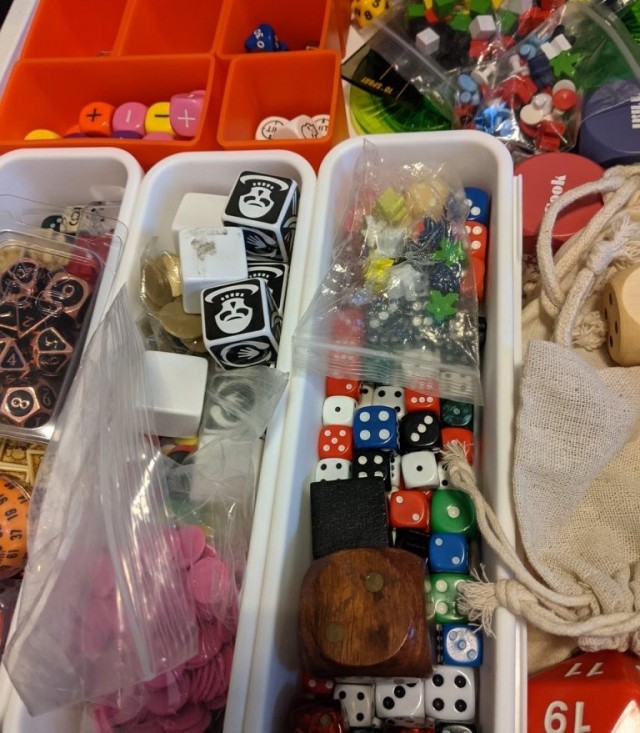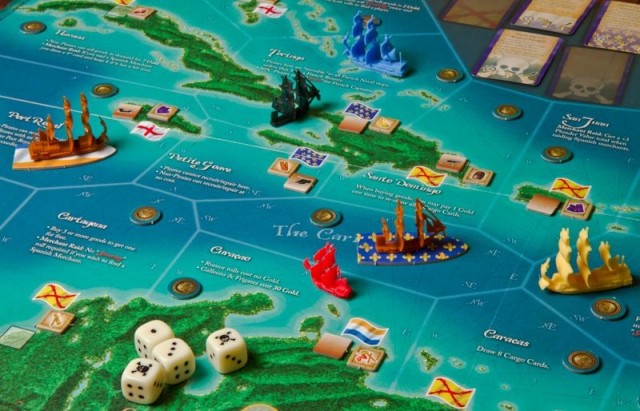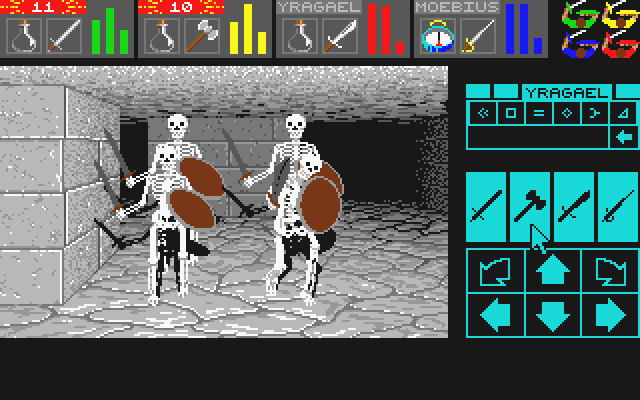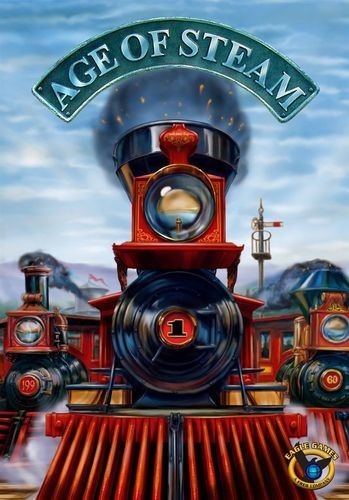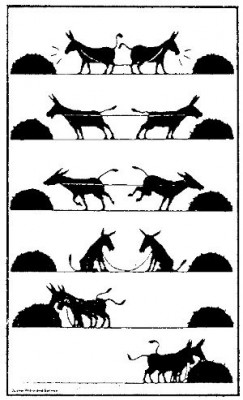Those of you who’ve been following my articles for a while will no doubt recall that I unconditionally hate all co-operative games as weak, lovey-dovey puzzle-based rubbish that no red-blooded Ameritrash fan should be seen dead playing. It is therefore to my considerable embarrassment that I find I’ve got no less than two co-operative games in my all-time top five. There are also another two I’ve discovered that just about merit a “worth playing” pass mark from me. So, obviously, I’m going to have to backtrack on the “unconditionally” part of my previous statement but I still have big problems with the majority of co-operative games. I thought it might be interesting to take a look at those four games (Arkham Horror and Wrath of Ashardalon in the top five, and the borderline games are Ghost Stories and Death Angel) and see what sets them apart from the rest of the pack.
The first thing that I spotted which all these games have and all the co-ops that I hate don’t have is some simple opponent AI. In some cases very simple: in Ghost Stories all the ghosts do is move toward the village and (some of them) activate haunts and curses. But the key point is that in all the games there is a sense that you’re playing against something and that that something is actively engaged with playing against you and often does things to thwart you that you can’t predict. This gives the players the illusion that they’re struggling against an actual thing instead of just a bunch of faceless processes. Of course in either good or bad co-operative games you are just playing against a bunch of faceless processes, but when you’re immersed in the heat of the game and there are actual opponents on the table moving around to damage or annoy the players in some way then it’s very easy to forget that and start to act like the random product of cards and tokens and dice are the wicked machinations of whatever evil nemesis you’re up against. Compare that to something like Lord of the Rings where the game state almost literally never changes: you come to each new board and it’s just about how you use the cards in your hand to best overcome what challenges lie on the path you choose to take. Plenty of choice there, certainly, plenty of analysis, but no sense that Sauron is currently sending out his minions to eat your little hobbit souls, just boards and cards. The result is a game that looks rather more like a co-operative puzzle than a living, breathing, engaging act of gaming. I miss the cut-and-thrust of genuine interactive competition in co-op games and having a scripted AI makes the game feel more like the actual thrilling competition that it should be, instead of just a joint exercise in head-scratching.
Another unifying factor that other co-operatives seem to lack is variety. I hardly need point out the almost obscene number of card decks and chit-draw pools that Arkham Horror boasts and of course the D&D adventure system game also has a lot of different things in the box, but this question gets more interesting when you look at the other games: the variety in Death Angel and Ghost Stories isn’t quite so obvious but it’s still there. Look, for example, at the ghosts in the latter game: each one has a varied colour profile required to exorcise it, a base colour indicating what type of ghost it is and often one or more special abilities or effects to apply after exorcising, let alone all the varied and vibrant artwork that brings these ghouls to life. Compare this to something like Pandemic where the card deck comprises of a colour and a city name. Sure there’s a lot of cities on the board but in comparison there’s virtually no variation in effects: you add cubes of that colour to that city and sometimes you get an outbreak. That’s no comparison at all in terms of possible combinations and effects and different game states to encounter. Without variety I find that co-operative titles become stale incredibly quickly. I enjoyed Pandemic the first time I played it, but it became less and less interesting each time until I eventually beat at, because all the games pretty much looked the same. And after I’d won I started to feel like the game was about little except how the infection deck was stacked because there was no mixture of possible variables to keep me on my toes: the same puzzles has the same answer in game after game after game.
Another method that the cream of the crop uses to mark themselves above the rest is use of random factors. This is a terribly difficult balancing act: too much randomness and the game just feels pointlessly chaotic, too little and you end up with something that has potential solutions to optimal game play problems and has a very limited shelf-life. Indeed Frank La Terra once opined to me in another thread that he thought this balancing act was almost impossible and that it was a basic flaw in the genre. Whilst I think he’s right about it being a basic flaw, I don’t think it’s entirely insurmountable. The trick here, which only really Arkham Horror manages to pull off successfully, is to offer a combination of lots of player choice with a lot of different things to track in making those choices underpinned by an extremely random mechanical base. And trick is the right word because the result is that because of all that randomness and all the different stats to juggle the players are never sure how much impact their decisions are having on the game, or where the potentially fateful choices that can lead to a win or a loss are along the way. It might be that all those decisions are meaningless: but in all the profusion of dice and cards it becomes very hard to tell. All three of my games muddy the waters sufficiently to work well, but lesser co-operatives don’t manage this. They either end up as complete luck-fests like Red November or poorly disguised puzzles like Lord of the Rings. A well balanced approach to integrating randomness also helps solve what is, in my opinion, the biggest problem that befalls co-operative games, that of the alpha-dog boss player who knows the game inside out and tells everyone else what to do. It’s pernicious not only because it spoils the basic concept (one player managing the game does not amount to co-operation) but because other players often willingly go along with it because it’s all in their shared interests to be able to beat the game. Working a lot of disguised randomness into the game places the focus far more on tactics than strategy, forces frequent re-assessments of the game state and offers so many factors to balance that it becomes hard, if not impossible to decide on an optimal choice and so the players just go with the flow instead and no-one feels the need to be the boss.
There are other ways to stop that irritating alpha-dog problem as well. All my examples games give each player an independent entity to control (unlike, say, what is effectively a shared card pool in Lord of the Rings) so that players have the autonomy to flout the authority figure if they so wish. I also liked the mechanic in Death Angel which forced the active player to sometimes make snap decisions without consulting his team-mates. But the finest antidote to the alpha-dog problem is simple: offer the players something else in the game so that they no longer care about winning. This is probably the single most important element in making co-operative games work and I’d argue that it’s largely what separates my top two tiles from my just-about-playable selection. What’s on offer beside the challenge of winning in those top two games is narrative: story, drama, whatever you want to call it, the sense that you’re participating in a book or film as you play the game and that future events and the eventual ending are as mysterious to the players as they are to the reader or the watcher. Of course it is obvious that Ameritrash games are better at creating narrative and a sense of immersion theme than their European counterparts and so again, it’s natural that the two games that top my list are American thoroughbreds through and through. But I also find it interesting that Ameritrash games are, of course, the strand in board game design which is closest to role-playing which is in turn, of course, the closest hobby game to actual story-telling. In my head, presumably something I’ve picked up through cultural osmosis, a board game should be primarily a competitive activity. As I said near the beginning of this article in co-op games I miss that sense of competition, of punch and counter-punch, of a unique story evolving organically from the game out of players misunderstanding and misinterpretation of each others’ actions. As a result in a lot of co-operative games I almost feel like the group cohesion is forced: something the designer has tried to shoe-horn the players into accepting through the rules and procedures of the game. But in a role-playing session, by contrast, co-operation is usually the natural method of play and so equally co-operative board games that do the best job of mimicking the feeling of a role-playing game are the ones where it feels natural to co-operate with your fellow players instead of forced.
Really it seems to me that co-operative games as a genre come pre-packed with a difficult bunch of problems that the designer needs to solve before she has a functional game. Even ignoring my inbuilt prejudices you’ve still got three hurdles to overcome. You’ve got to worry about that bossy player problem. You’ve got to worry about the difficult balancing act between being a solvable puzzle and being a pointless exercise in dice chucking. You’ve got to worry about replay value. None of these are inherent problems in a properly competitive game where the player interaction will take care of a lot of these issues for you. I find it strange that designers have bothered trying to take the long road to a finished game by trying to tackle these problems and although that road is littered with the corpses of very bad games along the way, I’m pleased that someone bothered and took the time to eventually produce some hugely worthwhile titles in the genre. But the final puzzles are the biggest of all: why is it that it took the invention of a European design paradigm which, being largely based around minimizing direct player interaction and rendering games as theme-less logic puzzles, is uniquely ill-suited to solving these particular problems to spawn the golden age of co-operative games? And bigger still, why do people seem to think the Euro-versions of these games are actually worth playing?
 Games
Games How to resolve AdBlock issue?
How to resolve AdBlock issue? 